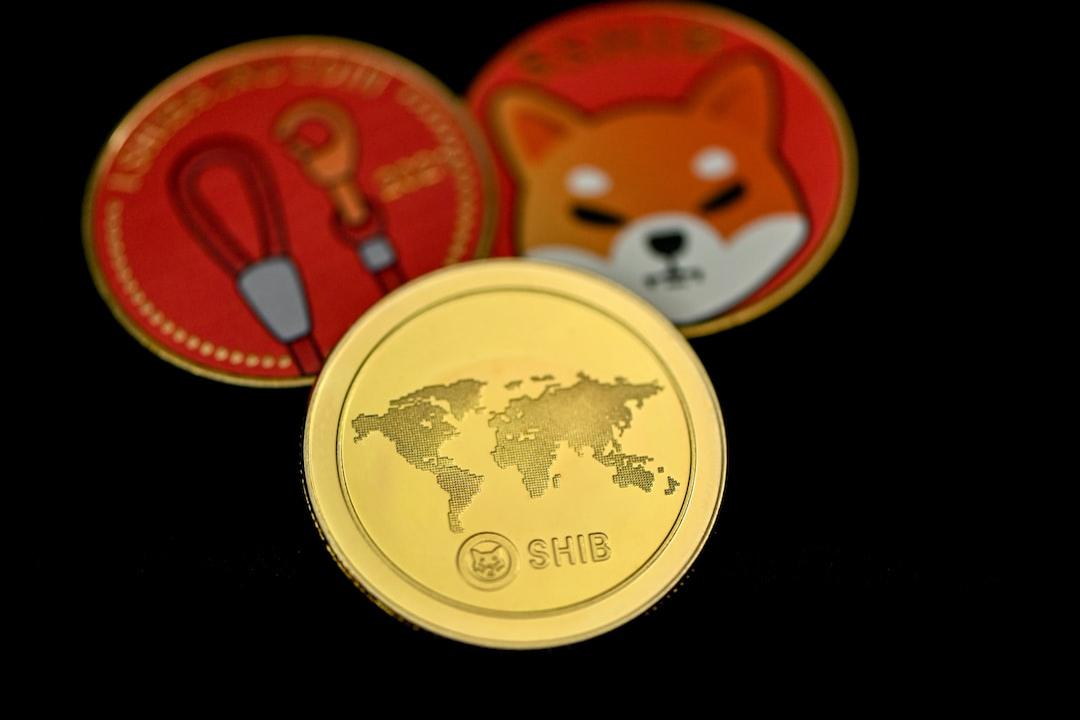In contrast to the previous surge of GameFi projects, which heavily prioritize play-to-earn functions over the gaming experience, the next wave of blockchain-inspired games require at least seven to eight figures and several years of production before being released to the market.
Yezi, the chief operating officer of Korean gaming studio Seraph, shared that the development costs for their upcoming Arbitrum dark fantasy ARPG, Seraph: In the Darkness, have exceeded $10 million. “Our project was initially self-funded and developed. Recently, we completed our first external fundraising round, and an official announcement will be made soon,” he revealed.
Yezi pointed out that Web3 blockchain games offer significant advantages over their Web2 counterparts. “Web3 games foster greater co-creation and promotion among players,” he stated. “The interaction between Web2 and Web3 players creates a unique chemistry that energizes market transactions and attracts more participants.”
However, Yezi stressed the importance for newer GameFi projects to prioritize a better gaming experience for players alongside quality tokenomics. “Gamers are no longer satisfied with simple profit-based models like those of Axies Infinity and StepN,” he expressed.
The preseason launch of Seraph: In the Darkness garnered significant engagement, achieving the conversion of traditional users to the Web3 domain, particularly through livestreams by veteran players. The game is set for launch later this year, with both a free-to-play version and a paid version for those interested in trading and monetization.
The current floor price of NFT equipment is 0.2 Ether (ETH), with a $50 entry fee to access the in-game transactions market. Yezi also revealed that Seraph Studio does not have plans to release any other games at the moment, but their in-house developed custodial wallet ActPass will serve as a gaming asset issuance platform in the near future, facilitating the launch of more quality games through investments or collaborations.
In a recent report, it was mentioned that Web2 players have spent significant amounts on in-game purchases that often do not last. Blockchain technology has partially solved this problem by allowing players to buy, sell, and own their immutable in-game assets.
Related:
Bots, airdrops push Ronin to No.2 blockchain for daily users — Not Pixels fans

